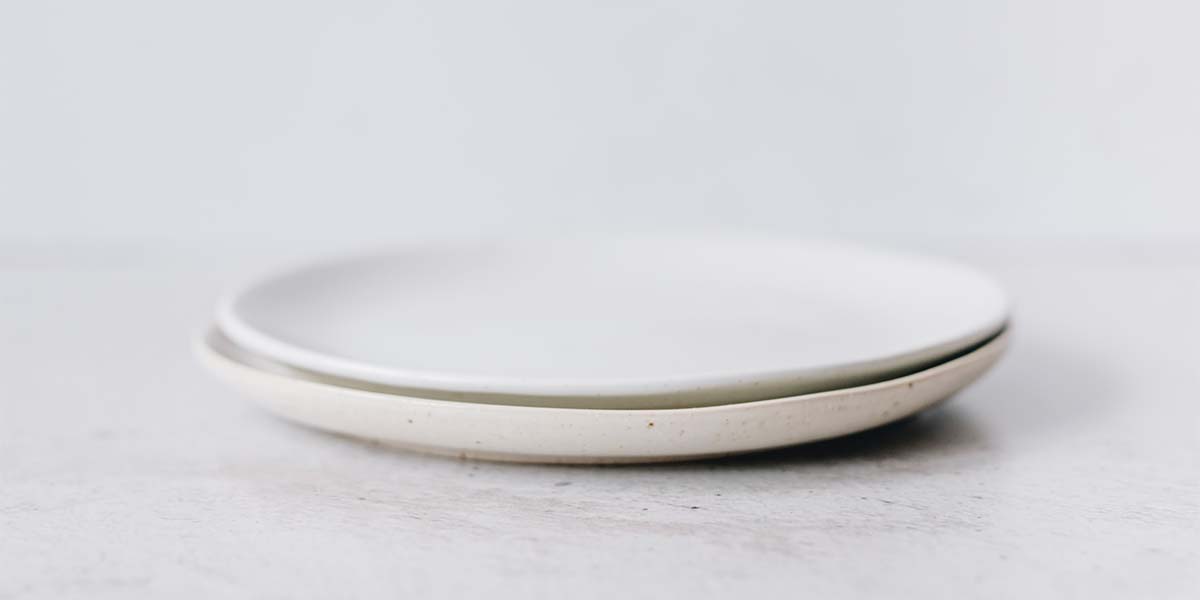
How to Combat Seasonal Depression
As the vibrant reds and yellows of autumn subside and give way to the long and cold nights of winter, many individuals find themselves laboring through a profound transformation in mood and energy levels. Seasonal Affective Disorder (or SAD), also known as seasonal depression, is a mood disorder that typically occurs during the colder months, especially in the winter. Characterized by a persistent feeling of melancholy, lethargy, and loss of interest in activities, this psychological phenomenon rears its ugly head as the temperatures plummet.
What Causes SAD?
The underlying cause of this seasonal gloom stems from the reduced exposure to natural sunlight. As the days get shorter, reduced sunlight leads to disruption of the body’s internal clock, leading to imbalances of the body’s neurotransmitters, such as serotonin and melatonin, which are crucial to normal regulation of mood and sleep. With the body’s internal clock in disarray and the alteration of brain chemicals, some individuals can find themselves in the clutches of seasonal depression.
Strategies To Address SAD
Despite the icy grips of the cold months ahead, there is hope. Following are several easy and effective strategies to help combat this seasonal malaise, offering warmth in the midst of the frost.
1. Sunlight Exposure
This disorder is often caused by reduced sunlight, so what better way to combat SAD than through maximizing sunlight exposure? By spending time outdoors during daylight hours, we can ensure that we absorb as much sunlight as possible. Even a brief walk or sitting near a window can be beneficial to helping combat seasonal affective disorder.
2. Regular Exercise
Engaging in regular physical activity can help stimulate the production of endorphins, which can help elevate mood and alleviate symptoms of seasonal affective disorder.
3. Balanced Diet
Maintaining a balanced diet, rich in fruits, vegetables, lean proteins, and whole grains, can greatly help reduce symptoms of seasonal affective disorder. Also, consuming omega-3 fatty acids found in fish or through supplements can help support mental health.
4. Adequate Sleep
Sometimes, the symptoms themselves can help alleviate some of the issues. By getting sufficient and quality sleep, sticking to a regular sleep schedule, and creating an environment conducive to sleep, we can improve our overall well being and combat seasonal depression.
5. Mindfulness and Relaxation
Practicing mindfulness, meditation, yoga, or deep breathing exercises can help reduce stress and promote relaxation, contributing to an overall better mood.
6. Seeking Professional Help
Facing difficulty living with seasonal depression? Make an appointment with me at Lifeologie Counseling Midlothian or find a therapist near you at Lifeologie Counseling, where our creative, collaborative therapists can provide guidance, strategies, and support for treating depression, anxiety and other issues that may be preventing you from living your best life.
As the world slows to a crawl and the animals return to their dens, understanding the nuances of seasonal affective disorder is pivotal to navigating the cold days ahead. By keeping up with ourselves and unraveling the intricacies of seasonal depression, we can equip others with the knowledge and tools to navigate the freezing temperatures ahead, fostering resilience and kindling hope for brighter days to come

About Eduardo "Jed" Aquillo
Eduardo "Jed" Aquillo earned his Bachelor’s Degree in Psychology with a minor in neuroscience from the University of Texas at Arlington. He is currently completing his Master's in Clinical Mental Health Counseling at Tarleton State University. He believes it is important to focus on the present moment with a holistic, present-centered, and existential point of view. With an empathetic approach and a goal to build a safe and warm space, he sees children, adolescents, and adults with the supervision of Mary Helen Snowden, LPC, at Lifeologie Counseling Midlothian.
Meet Me



